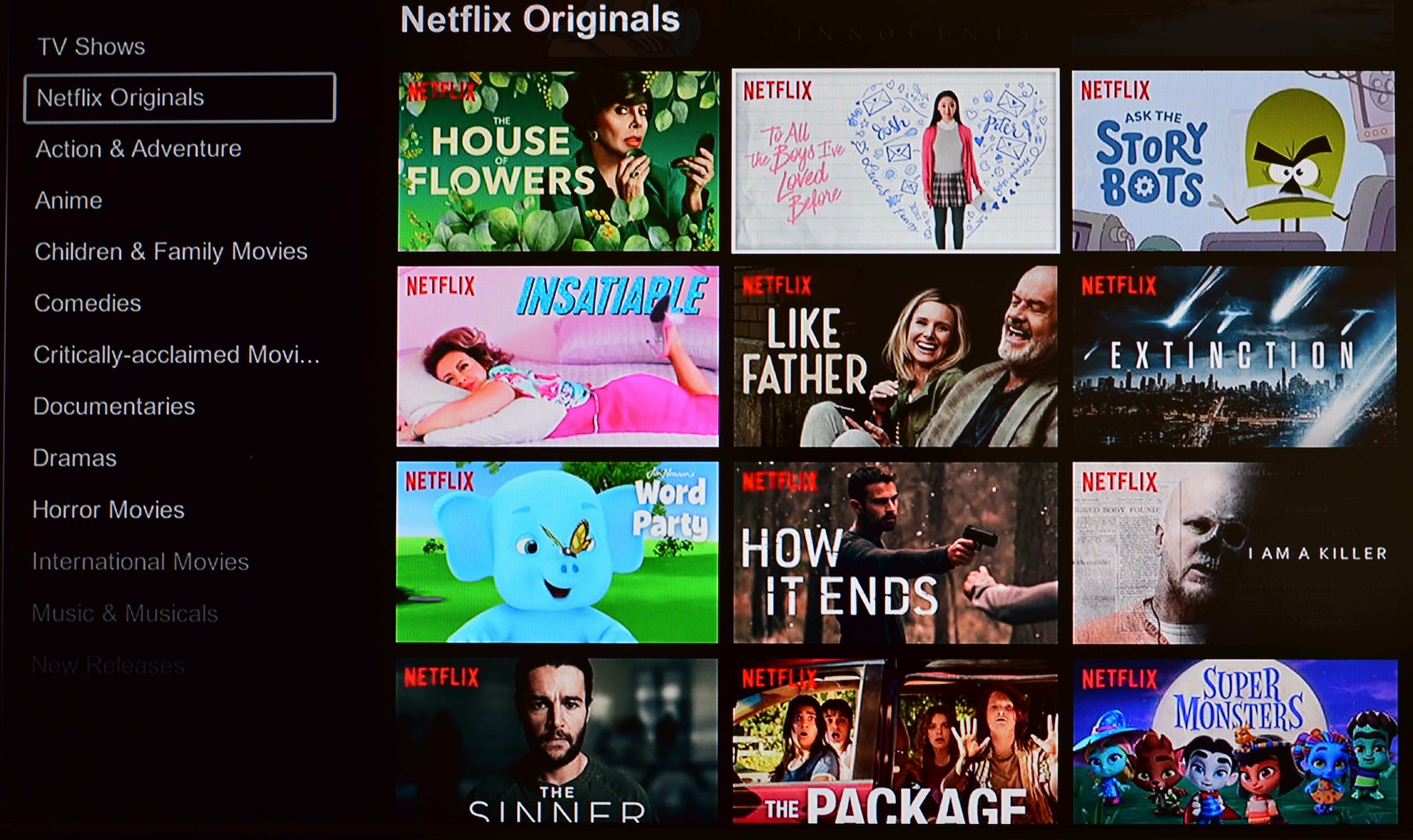Icarus (Bryan Fogel, 2017) – Documentary – Global Acquisition
Reported Purchase Price: $5 million
With Netflix now increasingly obsessed with winning Oscars for its “original” fiction films, it is easy to forget that the awards track record of their documentaries is actually pretty strong. Docs bought and produced by the company have won numerous major awards, including an Emmy for the masterpiece Strong Island and an Oscar for the documentary short The White Helmets. A number of the company’s documentary features have been nominated for Oscars, eight in total in fact, including the aforementioned Strong Island. To date, the only Netflix feature that has won the award was Icarus, a film bought during one of the first very big festival spending sprees Netflix undertook at Sundance in 2017.
Icarus is one of the great examples of what could be a subgenre of documentaries that could be called “happy accident” films in which the film-makers set out to make one film only to encounter something much more interesting and react accordingly. (Netflix has several examples of this amongst their library of originals, including Get Me Roger Stone, which began shooting before Trump had actually entered the race for president). Writer/director and professional cyclist Bryan Fogel was planning on making a film that was going to be something like the famous fast food documentary Super Size Me, but instead of eating McDonalds food every day, he was planning to dope himself with performance enhancing drugs to illustrate just how much PEDs can improve an athlete’s performance.
This was thus a film aiming to be a topical film about the fallout of the Lance Armstrong scandal, but a funny thing happened on the way to making that film. Firstly, Fogel’s original idea faced the complication of the experiment not actually working; his performance in races actually got worse. This would likely have torpedoed the original project, meaning there would be no film at all, but then the happy accident took place. To help him with his doping regimen, Fogel consulted with Grigory Rodchenkov, a Russian doctor who cheerfully instructs him on the sophisticated science of taking as many PEDs as possible while avoiding detection.
Rodchenkov quickly steals the film, and good thing as it was not only doomed by the eventual results of the experiment but it was actually pretty boring as well. Rodchenkov mugs for the camera on Fogel’s laptop via Skype while glibly and shamelessly detailing the steps Fogel needs to take and which he and his colleagues used to help the Russian Olympic teams pull of similar feats of cheating. For me, this was the best part of the film overall as Rodchenkov is frank and brazen in his boasting and just plain hilarious in his at times surreal style of delivery.
The film then takes twist after twist from this point on as the World Anti-Doping Association closes in on the medical team that Rodchenkov was part of, and his colleagues even start dying in mysterious circumstances. Rodchenkov then faces difficult decisions and comes to rely on Fogel himself to help him escape from Russia and to testify to the IOC about what he knows. The results of his testimony would later spark a massive international scandal.
The film is thus a very good documentary in many ways. As an audience member, you are never quite sure where it’s heading and the tone shifts naturally between comedy and suspense, adding to the calculated uncertainty. Perhaps more importantly, the film had a real world impact that few documentaries ever achieve, helping to break open one of the biggest cheating scandals in the history of international sport and to put a sinister face on the Russian state’s involvement in that scandal. Moreover, the audience gets to see that scandal unfold up close and personal. Fogel was really in the right place at the right time.
But this is not a perfect documentary and on balance, I don’t think we can even call it a great one. The extent of the film’s dramatic left turn is so great that I can’t understand why so much of its running time is devoted to the initial experiment. This ultimately goes nowhere and so Fogel could/should have cut it drastically. As it is, the film feels long and drawn out, with too many twists and turns. Once we’re on to the suspenseful parts, we get too many long monologues from Rodchenkov, where his despair and worry becomes repetitive and even monotonous. In other words, what this film lacked was a stronger hand in the editing suite. With the right 20 minutes or so cut out, this would have been a more focused and effective film and we wouldn’t be feeling exhausted by the time Rodchenkov’s story comes to a climax.
As it is, this is still an entertaining and important film to see, both as a document of a major international incident as well as a landmark in Netflix’s drive for cultural validation.


[…] film and then were pleasantly surprised by all that came out in The Guardian (much like a film like Icarus in this respect) but for whatever reason felt obliged to retain their original device. Really, they […]
LikeLike